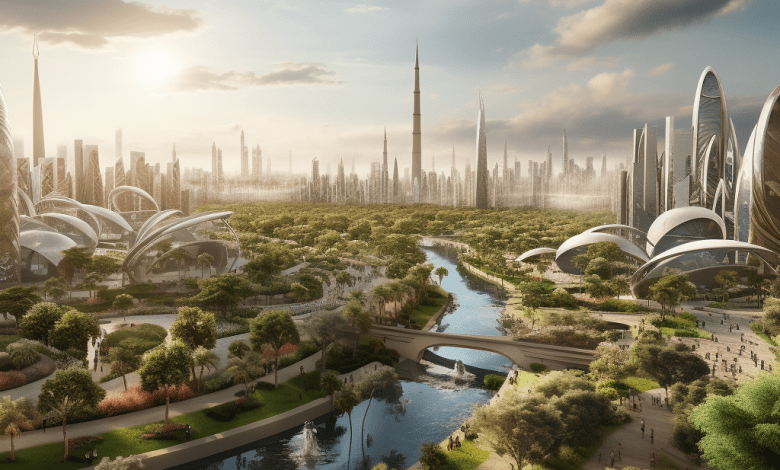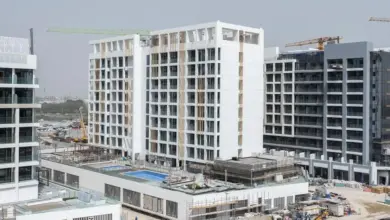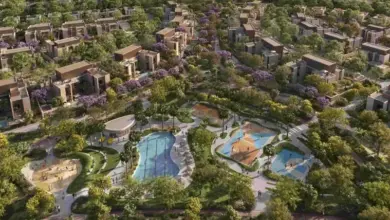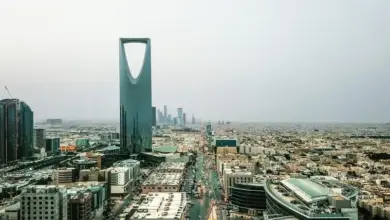
- Urban planning and development in the GCC reflect the region's ambition to create sustainable, livable, and technologically advanced cities. Through integrated land-use planning, master-planned communities, and smart city initiatives, the GCC countries are transforming their urban landscapes. These strategies contribute to the development and growth of cities in the region by ensuring efficient resource utilization, fostering economic diversification, and enhancing the overall quality of life for residents
Pioneering Strategies, Master-Planned Communities, and Smart City Initiatives
The Gulf Cooperation Council (GCC) countries, comprising Bahrain, Kuwait, Oman, Qatar, Saudi Arabia, and the United Arab Emirates, have witnessed remarkable urbanization and economic growth over the past few decades. This development has necessitated innovative urban planning strategies, the establishment of master-planned communities, and the implementation of smart city initiatives. In this investigative article, we delve into the urban planning landscape of the GCC, exploring how these strategies contribute to the development and growth of cities in the region.
- Urban Planning Strategies in the GCC: Urban planning in the GCC is characterized by visionary strategies that prioritize sustainable development, economic diversification, and improved quality of life. These strategies include:
a) Integrated Land-Use Planning: GCC governments prioritize integrating land-use planning with transportation networks and public services to create more efficient and accessible urban environments. For example, Dubai’s Urban Master Plan 2040 envisions a city with walkable neighborhoods, enhanced public transportation, and mixed-use developments.
b) Environmental Sustainability: With a growing focus on environmental conservation, GCC urban planning incorporates sustainable practices such as green building design, renewable energy integration, and water conservation measures. Qatar’s Lusail City is a prime example of an eco-friendly urban development with LEED-certified buildings and a comprehensive recycling system.
c) Housing Affordability: GCC governments recognize the importance of providing affordable housing to their citizens. In Saudi Arabia, the Vision 2030 initiative aims to increase homeownership through the development of affordable housing projects, while the UAE’s Abu Dhabi Vision 2030 emphasizes the need for diverse housing options for different income groups.
- Master-Planned Communities in the GCC: Master-planned communities have gained prominence in the GCC, offering well-designed, self-contained neighborhoods that cater to residents’ diverse needs. These communities typically feature a mix of residential, commercial, and recreational spaces. Some notable examples include:
a) The Pearl-Qatar, Qatar: This artificial island development in Doha combines residential properties, upscale retail outlets, and entertainment facilities. With its Mediterranean-inspired architecture and waterfront promenades, it has become a vibrant community attracting both residents and visitors.
b) King Abdullah Economic City (KAEC), Saudi Arabia: Located near Jeddah, KAEC is a mega-development designed to diversify the Saudi economy. The city offers a wide range of housing options, business parks, educational institutions, and healthcare facilities, making it an attractive destination for investment and living.
- Smart City Initiatives in the GCC: Smart city initiatives leverage technology to enhance urban services, improve sustainability, and enhance the quality of life for residents. GCC countries have been at the forefront of implementing such initiatives, including:
a) Masdar City, UAE: Masdar City in Abu Dhabi serves as a global model for sustainable urban development. The city integrates renewable energy sources, smart grid systems, and innovative transportation solutions. It emphasizes the use of clean technologies and encourages research and development in renewable energy and sustainability.
b) Smart Dubai, UAE: Dubai’s smart city initiatives aim to create a seamless and interconnected urban experience. The city has implemented various smart services, including smart transportation systems, digital government services, and the Dubai Blockchain Strategy, which aims to streamline transactions and enhance data security.





